Home>Garden Essentials>How To Use Dill Seed
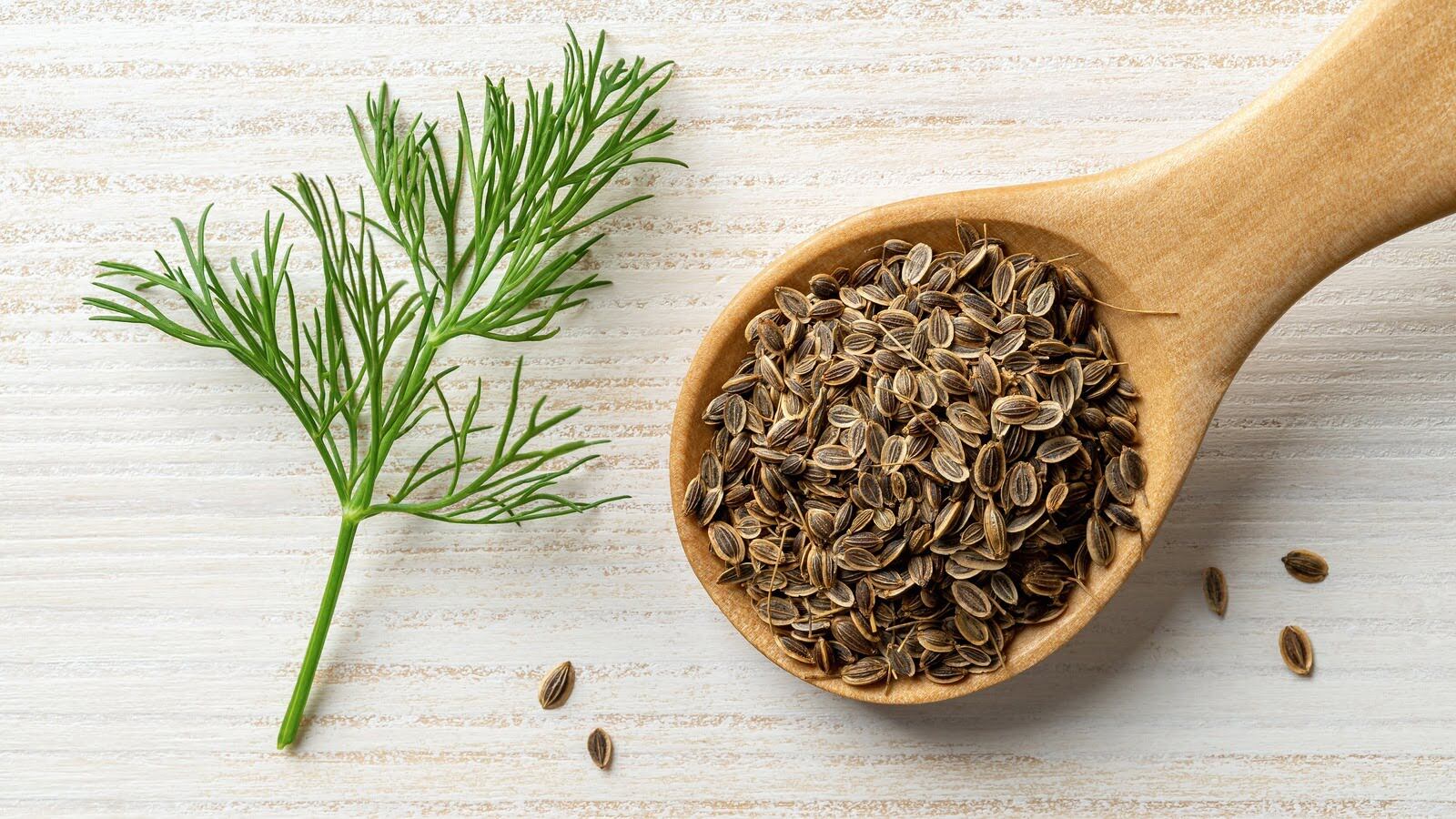

Garden Essentials
How To Use Dill Seed
Modified: August 17, 2024
Learn how to effectively use dill seed in your garden for maximum flavor and fragrance. Expert tips and techniques for successful cultivation.
(Many of the links in this article redirect to a specific reviewed product. Your purchase of these products through affiliate links helps to generate commission for Storables.com, at no extra cost. Learn more)
Introduction
Welcome to our comprehensive guide on how to use dill seed! If you’re a fan of gardening or cooking, you’ve probably come across this aromatic and flavorful herb. Dill seed is a versatile ingredient that adds a unique touch to dishes, and it’s also packed with health benefits. In this article, we’ll explore what dill seed is, its benefits, culinary uses, storage tips, and even share some delicious dill seed recipes.
Dill seed, scientifically known as Anethum graveolens, is the small oval-shaped seed of the dill plant. It is commonly used as a spice and is known for its distinctive flavor and aroma that is reminiscent of licorice and citrus. Dill seed has been used in various cuisines around the world, particularly in Mediterranean and Eastern European dishes. Additionally, dill seed has several medicinal properties and is renowned for its digestive and diuretic benefits.
Now that we have a basic understanding of what dill seed is, let’s delve into its myriad benefits. From enhancing digestion to boosting the immune system, dill seed has much to offer both in terms of taste and health.
Key Takeaways:
- Dill seed is a versatile herb with a unique flavor that enhances dishes and offers health benefits, including aiding digestion and providing essential nutrients.
- When using dill seed, store it properly, incorporate it into various dishes, and be mindful of potential allergies and medication interactions for a safe and flavorful culinary experience.
What is Dill Seed?
Dill seed is the small, oval-shaped seed of the dill plant, which is a member of the parsley family. It is a popular herb and spice used in culinary preparations worldwide. The dill plant, scientifically known as Anethum graveolens, is native to the Mediterranean region but is now cultivated in many parts of the world.
The dill plant itself is a biennial herb that can grow up to 3 feet in height. It features delicate, feathery leaves and produces clusters of small yellow flowers that eventually turn into seeds. While both the leaves and seeds are used in cooking, dill seed has a stronger and more concentrated flavor compared to the leaves.
Dill seed has a distinct taste that is often described as warm, slightly sweet, and reminiscent of a combination of anise, celery, and parsley. Its aroma is fresh, herbaceous, and slightly citrusy. The flavor and fragrance of dill seed make it a versatile ingredient that can enhance the taste of a wide range of dishes.
In addition to its culinary uses, dill seed has also been used for centuries in traditional medicine. It is rich in various essential oils, vitamins, and minerals that offer numerous health benefits. Some of the active compounds found in dill seed include carvone, limonene, and flavonoids, which contribute to its medicinal properties.
Overall, dill seed is a highly valued herb that not only adds a distinctive flavor to dishes but also provides several health benefits. Its versatility and pleasant taste make it a must-have ingredient in any kitchen.
Benefits of Using Dill Seed
Using dill seed in your cooking not only adds unique flavor and aroma to your dishes but also offers several health benefits. From aiding digestion to providing essential nutrients, dill seed is a valuable ingredient to incorporate into your culinary repertoire. Let’s explore some of the incredible benefits of using dill seed:
- Digestive Aid: Dill seed is known for its digestive properties. It helps stimulate the production of digestive enzymes, aiding in the breakdown of food and improving digestion. It can ease bloating, indigestion, and stomach cramps.
- Anti-Inflammatory: Dill seed contains compounds that possess anti-inflammatory properties. These compounds can help reduce inflammation in the body and provide relief from conditions like arthritis and muscle soreness.
- Rich in Antioxidants: Dill seed is a good source of antioxidants, which help protect the body against free radicals and oxidative stress. Antioxidants also have anti-aging properties and support overall health and well-being.
- Immune Booster: The essential oils present in dill seed, such as limonene, have immune-boosting properties. Consuming dill seed can help strengthen the immune system and protect against common illnesses.
- Rich in Nutrients: Dill seed is a good source of vitamins and minerals, including vitamin A, vitamin C, calcium, manganese, and iron. These nutrients are essential for maintaining overall health and supporting various bodily functions.
- Diuretic Properties: Dill seed has diuretic properties, meaning it promotes urine production and helps in the elimination of toxins from the body. This can be beneficial for individuals with water retention and urinary tract infections.
- Calming Effect: The aroma of dill seed has a calming and soothing effect on the mind and body. It can help reduce stress, anxiety, and promote relaxation.
It’s important to note that while dill seed offers several health benefits, it should be consumed in moderation as part of a balanced diet. As with any herb or spice, it’s always best to consult with a healthcare professional if you have any specific health concerns or conditions.
With its array of health-enhancing properties, dill seed is not just a flavorful addition to your recipes, but also a valuable asset in promoting overall well-being.
Culinary Uses of Dill Seed
Dill seed is a versatile herb that adds a unique flavor and aroma to a wide range of dishes. Its warm and slightly sweet taste, combined with hints of anise, celery, and parsley, makes it a favorite ingredient in many cuisines. Let’s explore some of the culinary uses of dill seed:
- Pickling: Dill seed is commonly used in pickling brines to add a distinct flavor and aroma to pickles, cucumbers, and various other vegetables. Its unique taste enhances the tanginess and zing of pickled vegetables.
- Baking: Dill seed can be incorporated into bread, rolls, and savory pastries to provide a subtle and refreshing flavor. It pairs particularly well with cheese-based bread and biscuits.
- Fish and Seafood: Dill seed complements the natural flavors of fish and seafood beautifully. It is often combined with lemon and used as a rub or seasoning for grilled or baked fish, shrimp, or salmon.
- Soups and Stews: Dill seed adds depth and complexity to soups and stews. It works particularly well in potato soups, tomato-based soups, and creamy vegetable stews.
- Sauces and Dips: Dill seed can be blended with yogurt or sour cream to create creamy and refreshing dips for vegetables, chips, or pita bread. It is also a fantastic addition to homemade salad dressings and marinades.
- Salads: Dill seed can take your salads to the next level by adding a burst of flavor. It pairs well with cucumber salads, potato salads, coleslaw, and mixed greens.
- Eggs: Sprinkling a pinch of dill seed over scrambled eggs, omelets, or frittatas can elevate their taste and add an herbaceous twist.
- Sauerkraut and Cabbage: Dill seed is often used in traditional sauerkraut recipes to enhance the flavor profile and provide a slightly tangy note to fermented cabbage.
- Infused Oils and Vinegars: Dill seed can be infused into oils and vinegars, which can then be drizzled over salads, roasted vegetables, or used as bread dip. The infused oils and vinegars capture the essence of dill seed and can be a delightful addition to your pantry.
These are just a few culinary uses of dill seed, but the possibilities are endless. Whether you’re experimenting with new recipes or adding a touch of flavor to your favorite dishes, dill seed is a versatile and delicious herb to keep in your kitchen arsenal.
How to Store Dill Seed
Proper storage is essential to maintain the flavor and freshness of dill seed. When stored correctly, dill seed can retain its aroma and taste for up to a year. Follow these guidelines to store your dill seed effectively:
- Choose the right container: Store dill seed in an airtight container, such as a glass jar or airtight plastic container. Make sure the container is clean and dry before placing the seeds inside.
- Keep it away from light and heat: Dill seed is sensitive to light and heat, which can cause the seeds to deteriorate and lose their flavor. Store the container in a cool, dark, and dry place, such as a pantry or cupboard.
- Avoid moisture: Moisture can lead to the growth of mold or mildew and can spoil the dill seed. Ensure that the container is tightly sealed to prevent any moisture from entering. Avoid storing dill seed near the stove, sink, or any other humid areas in the kitchen.
- Label the container: It’s always a good idea to label the container with the date of purchase or the expiration date. This will help you keep track of the freshness of the dill seed and ensure you use it within a reasonable timeframe.
- Whole seeds vs. ground seeds: Whole dill seeds have a longer shelf life compared to ground dill seed. If possible, buy whole seeds and grind them as needed to preserve their flavor. Ground dill seed tends to lose its potency more quickly.
- Test for freshness: Over time, dill seed may lose its potency and flavor. To test if your dill seed is still fresh, crush a few seeds between your fingers and smell the aroma. If the fragrance is vibrant and strong, it is still fresh. If it is weak or has no smell, it’s time to replace the dill seed.
By following these storage guidelines, you can ensure that your dill seed remains flavorful and aromatic for an extended period. Remember to check the freshness of your dill seed periodically, and be mindful of the expiration date to make the most of this delightful herb.
Add dill seeds to pickling brine for a classic dill pickle flavor. You can also use them to season roasted vegetables, fish, or homemade bread.
Read more: What Are Dill Seeds
How to Incorporate Dill Seed into Your Cooking
Dill seed is a versatile ingredient that adds a unique flavor profile to a variety of dishes. Whether you’re a seasoned chef or a novice cook, incorporating dill seed into your culinary creations is easy and can elevate the taste of your meals. Here are some tips on how to use dill seed in your cooking:
- Season meats and seafood: Crush or grind dill seed and use it as a seasoning for meats like chicken, lamb, or pork. Sprinkle it over fish or shrimp before cooking to infuse a subtle, herbaceous flavor.
- Add to marinades and dressings: Enhance the taste of your marinades and salad dressings by incorporating dill seed. Its unique flavor pairs well with citrus, yogurt, vinegar, and olive oil.
- Sprinkle over roasted vegetables: After roasting vegetables like potatoes, carrots, or cauliflower, add a sprinkle of dill seed for an extra burst of flavor. It complements the earthy flavors of roasted veggies beautifully.
- Blend into sauces and dips: Mix dill seed into creamy sauces and dips like tzatziki, ranch dressing, or sour cream-based dips. It adds a refreshing and tangy taste that pairs well with vegetables, chips, or grilled meats.
- Infuse into oils and vinegars: Create your own infused oils and vinegars by adding a few dill seeds to a bottle of olive oil or white vinegar. Let it infuse for a few days, and then use the infused oil or vinegar in your recipes.
- Sprinkle over salads and soups: For a pop of flavor and a touch of elegance, sprinkle dill seed on top of your favorite salads or soups. It pairs well with fresh greens, cucumber salads, or creamy potato soups.
- Bake dill seed breads and crackers: Incorporate dill seed into bread dough or cracker batter for a unique and aromatic twist. It adds a layer of complexity to baked goods.
- Add to homemade pickles: If you’re into pickling, dill seed is a must-have ingredient. It lends its distinct flavor and aroma to pickled cucumbers, onions, carrots, and other vegetables.
- Experiment with unique recipes: Don’t be afraid to get creative with dill seed. Try it in unexpected dishes like infused vodka, flavored butter, or even in sweet treats like dill seed-infused ice cream.
Remember, dill seed has a strong flavor, so start with a small amount and gradually add more to suit your taste preferences. With these ideas, you can explore the versatility of dill seed and bring a delightful twist to your everyday cooking.
Dill Seed Recipes
Ready to spice up your meals with the distinct flavor of dill seed? Here are a few delightful recipes that showcase the versatility and deliciousness of this herb:
- Dill Seed Roasted Potatoes: Toss cubed potatoes with olive oil, salt, pepper, and crushed dill seeds. Roast in the oven until crispy and golden brown. Serve as a side dish with grilled meats or as a tasty snack.
- Grilled Dill Seed Salmon: Season salmon fillets with crushed dill seeds, lemon juice, salt, and garlic. Grill until cooked through and flaky. Serve with a side of steamed vegetables and a refreshing dill yogurt sauce.
- Cucumber and Dill Seed Salad: Thinly slice cucumbers and red onions. Toss with a dressing made of yogurt, lemon juice, crushed dill seeds, salt, and pepper. Chill in the refrigerator for a refreshing and flavorful salad.
- Dill Seed Breadsticks: Mix dill seeds into a basic breadstick dough. Shape into thin sticks and bake until golden brown. These dill seed breadsticks are perfect for dipping into soups or enjoying as a snack.
- Dill Seed Pickles: Make your own pickles by combining fresh cucumbers, dill seeds, vinegar, water, salt, and spices. Let them marinate for a few days to allow the flavors to develop. Enjoy these tangy and crunchy pickles on their own or in sandwiches.
- Dill Seed Pot Roast: Season a beef roast with crushed dill seeds, garlic, onion, and your favorite herbs. Slow cook until tender and flavorful. The dill seed adds a unique twist to this classic comfort dish.
- Dill Seed Yogurt Sauce: Mix crushed dill seeds into plain yogurt along with lemon juice, garlic, salt, and pepper. This versatile sauce can be used as a topping for grilled vegetables, seafood, or as a dip for pita bread.
- Feta and Dill Seed Stuffed Mushrooms: Stuff large mushroom caps with a mixture of crumbled feta cheese, crushed dill seeds, garlic, and breadcrumbs. Bake until the mushrooms are tender and the filling is golden and bubbly.
These recipes are just a starting point to inspire you to experiment and explore the wonderful flavors that dill seed can bring to your meals. Feel free to adjust the quantities and ingredients according to your taste preferences and dietary needs.
So, get creative in the kitchen and enjoy the delightful taste of dill seed in these flavorful recipes!
Potential Side Effects and Precautions
Dill seed is generally safe for most people when used in moderation as a culinary ingredient. However, there are a few considerations and precautions to keep in mind:
- Allergic Reactions: Some individuals may be allergic to dill seed or other members of the parsley family, such as celery, coriander, or fennel. Allergic reactions can range from mild symptoms like itching and hives to more severe reactions like difficulty breathing. If you have known allergies to these plants, it’s best to avoid dill seed or consult with a healthcare professional before use.
- Pregnancy and Breastfeeding: While dill seed is generally safe to consume during pregnancy and breastfeeding, it’s always a good idea to consult with your healthcare provider before adding it to your diet. It’s important to ensure that the herb does not interfere with any existing medical conditions or medications.
- Bleeding Disorders: Dill seed may have mild anticoagulant properties, which means it can potentially interfere with blood clotting. If you have a bleeding disorder or are taking anticoagulant medications, it is advisable to consult with a healthcare professional before consuming dill seed in large amounts.
- Medication Interactions: Dill seed may interact with certain medications, including anticoagulants, diabetes medications, and medications metabolized by the liver. If you are taking any medications, it’s important to discuss the potential interactions with your healthcare provider before incorporating dill seed into your diet.
- Diuretic Effect: Dill seed has diuretic properties, which means it can increase urine production and potentially affect electrolyte balance. If you have kidney problems or are taking medications that can affect fluid balance, it’s important to speak with a healthcare professional before consuming dill seed in large amounts.
While dill seed is generally safe to consume, it’s always best to exercise caution and seek professional advice if you have any underlying health conditions or concerns. Additionally, it’s crucial to source your dill seed from reliable suppliers to ensure it is free from contaminants and pesticides.
By being mindful of potential side effects and taking necessary precautions, you can safely enjoy the flavors and benefits of dill seed in your culinary adventures.
Conclusion
Dill seed is a versatile and flavorful herb that can elevate your culinary creations to new heights. Whether you’re pickling vegetables, seasoning meats, or adding a refreshing twist to salads, dill seed offers a unique taste and aroma that can enhance a variety of dishes. But its benefits go beyond its culinary uses.
With its digestive properties, anti-inflammatory compounds, and rich antioxidant content, dill seed also offers numerous health benefits. It supports digestion, boosts the immune system, and provides essential nutrients. However, it’s important to be mindful of potential allergies, medication interactions, and certain precautions, particularly for pregnant and breastfeeding individuals and those with specific health conditions.
To make the most of dill seed, store it properly in a cool, dry place away from light and heat. Use it in various ways, such as seasoning meats and seafood, adding it to dressings and sauces, or incorporating it into homemade pickles and breads. The possibilities are endless, and the unique flavor of dill seed can add a delightful twist to your favorite recipes.
Remember, as with any herb or spice, moderation is key. Start with small quantities and adjust to your taste preferences. And above all, consult with a healthcare professional if you have any concerns or questions regarding the use of dill seed in your specific circumstances.
So, grab a jar of dill seed and let your culinary creativity flow. Explore new flavors, experiment with recipes, and enjoy the delightful taste and countless benefits that dill seed has to offer.
Frequently Asked Questions about How To Use Dill Seed
Was this page helpful?
At Storables.com, we guarantee accurate and reliable information. Our content, validated by Expert Board Contributors, is crafted following stringent Editorial Policies. We're committed to providing you with well-researched, expert-backed insights for all your informational needs.
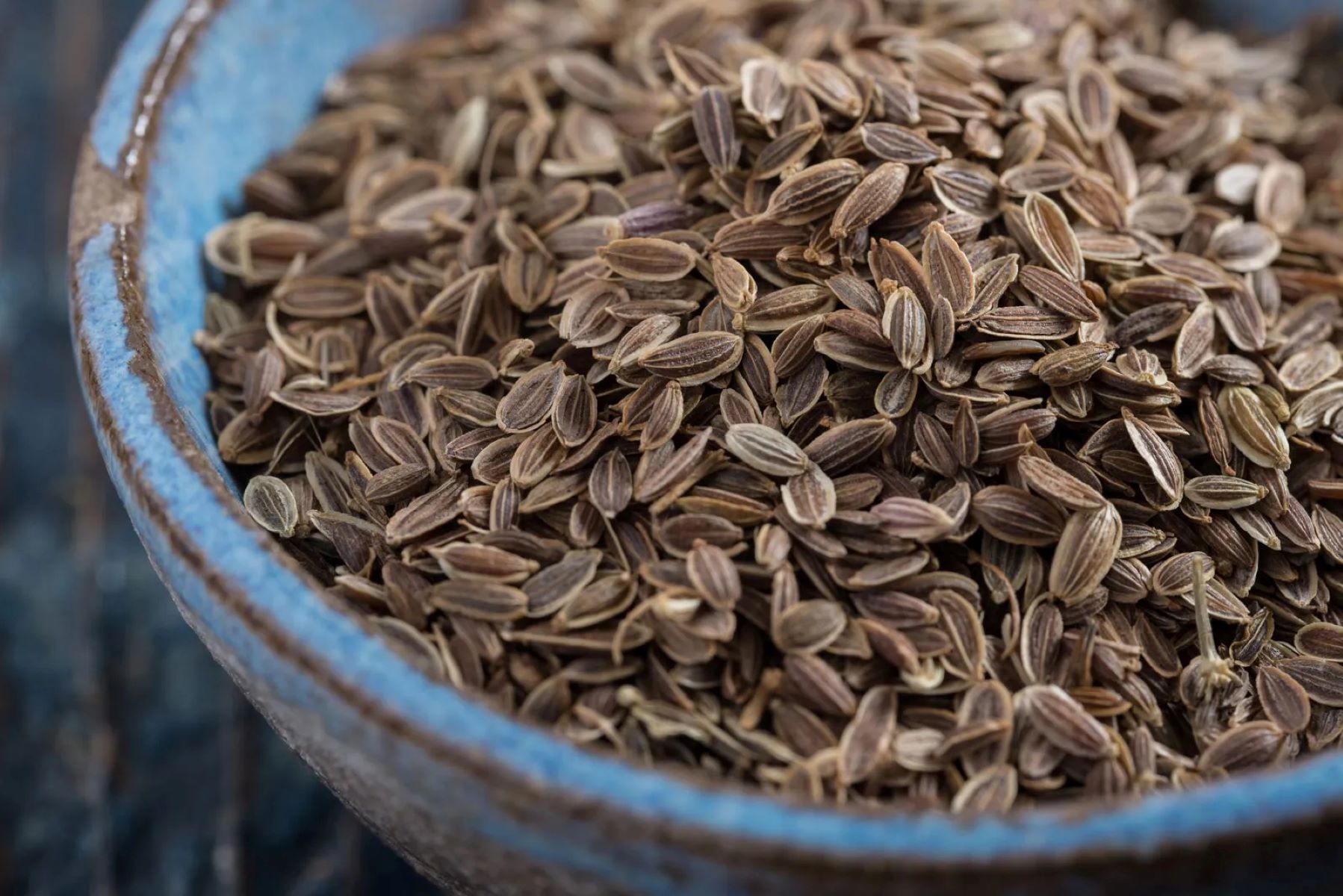
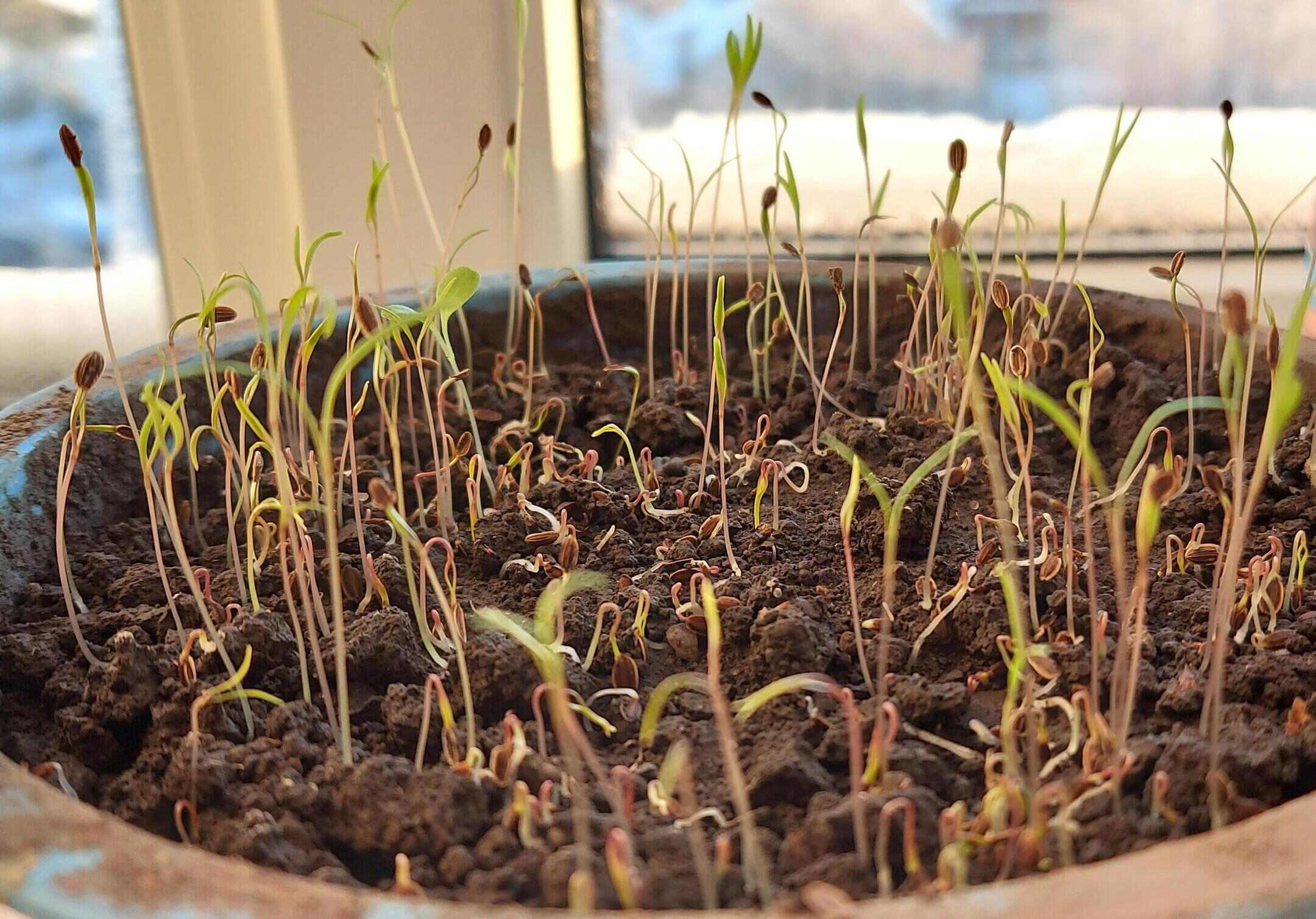
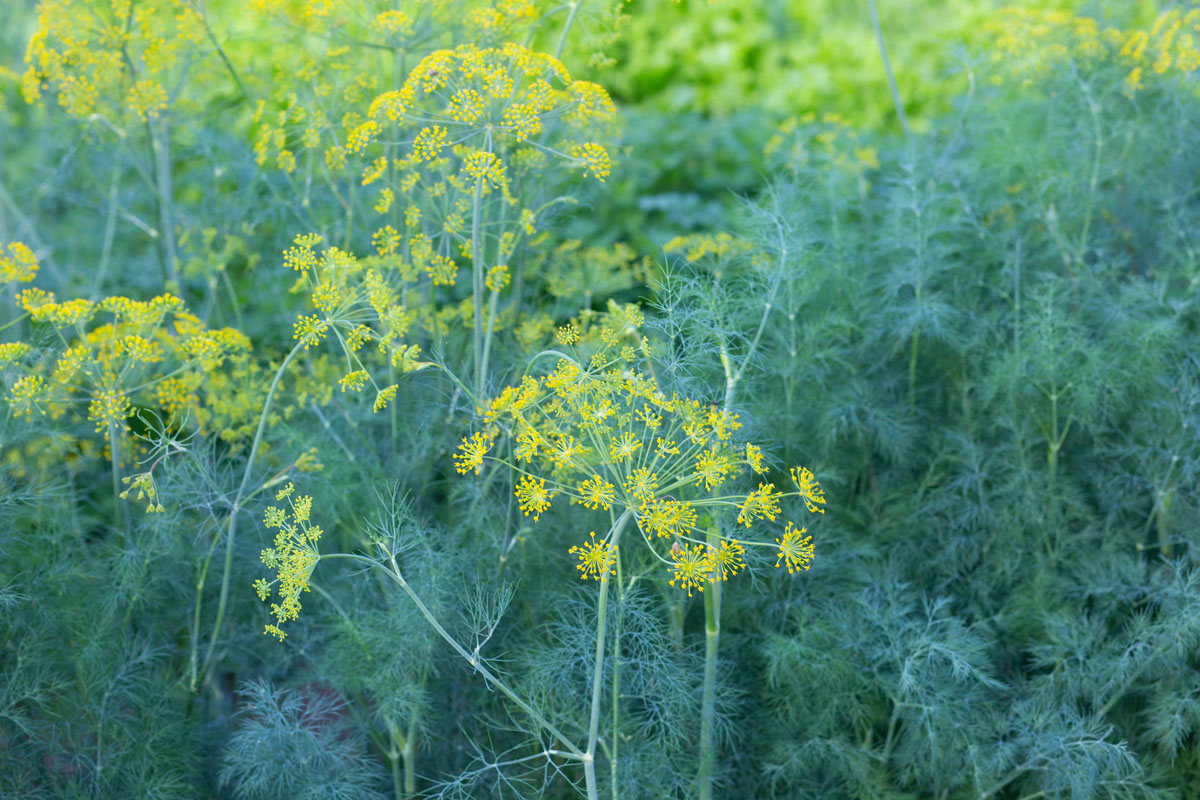
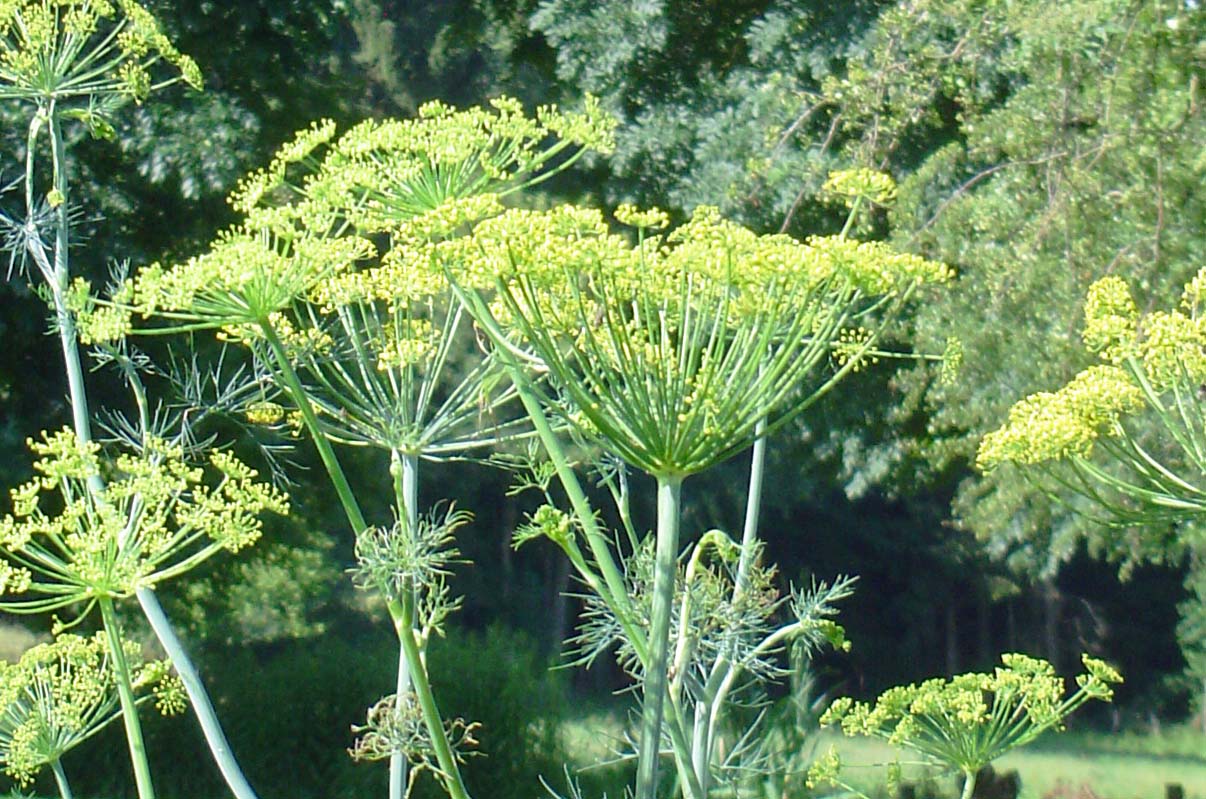
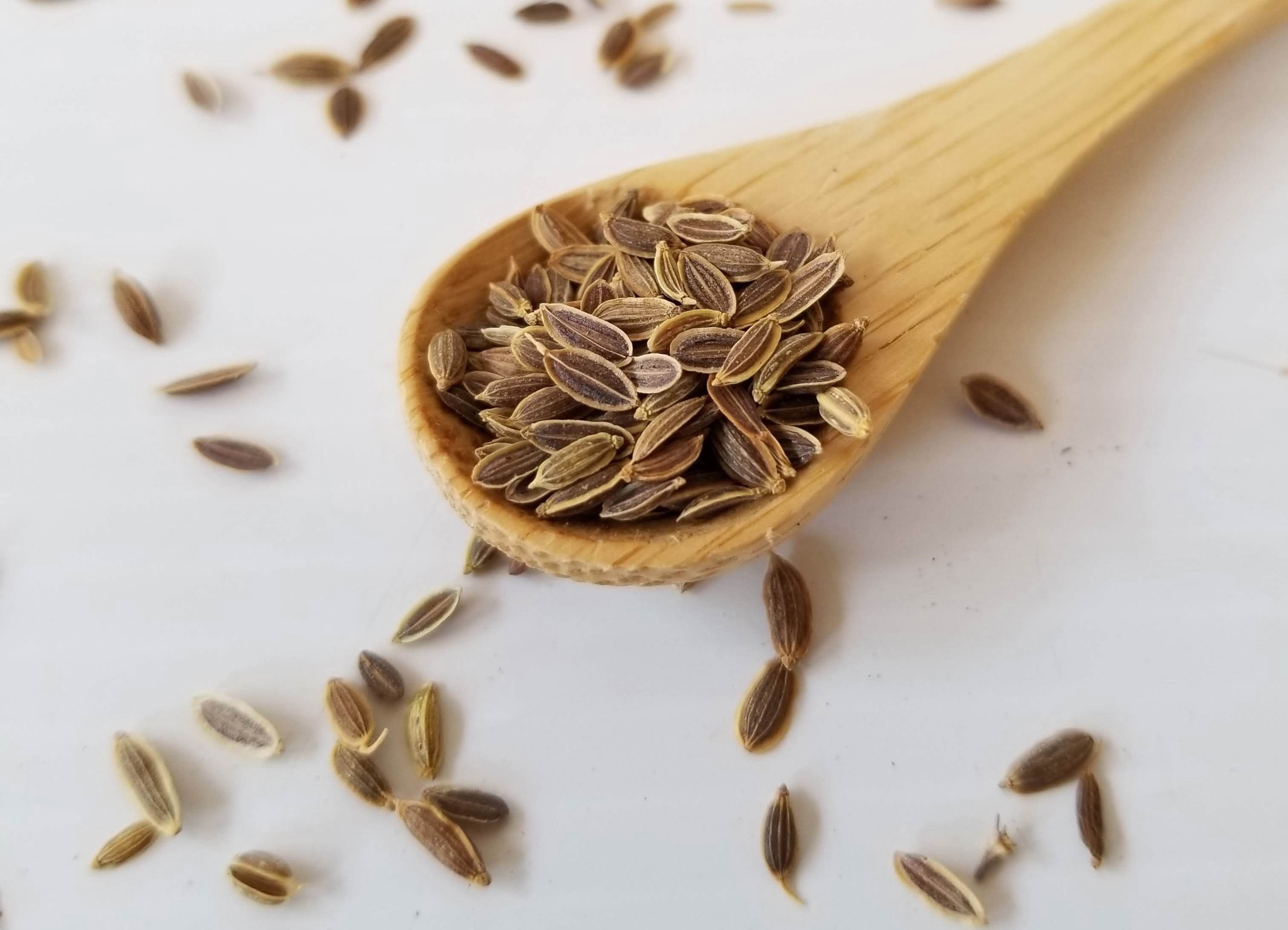
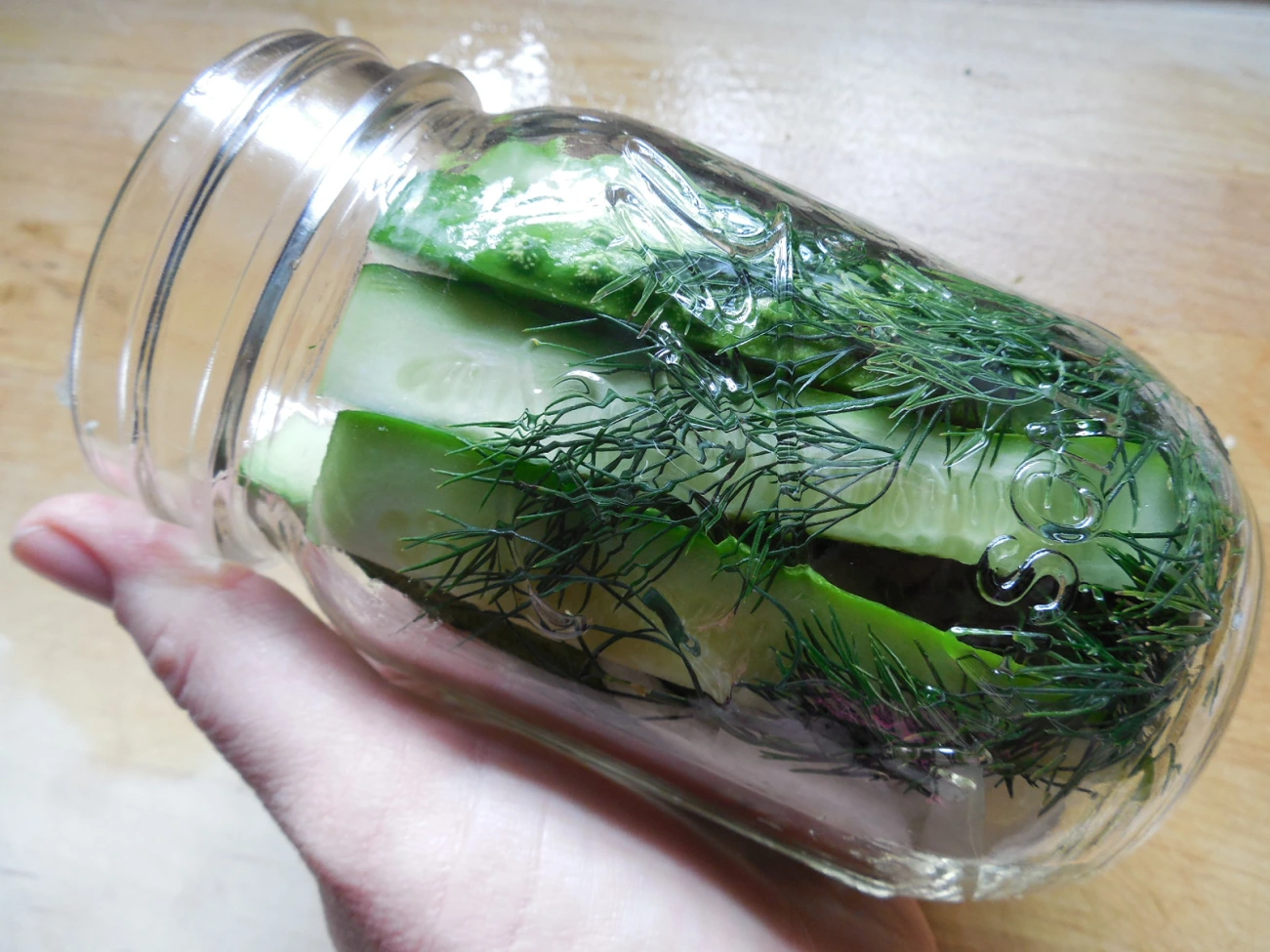
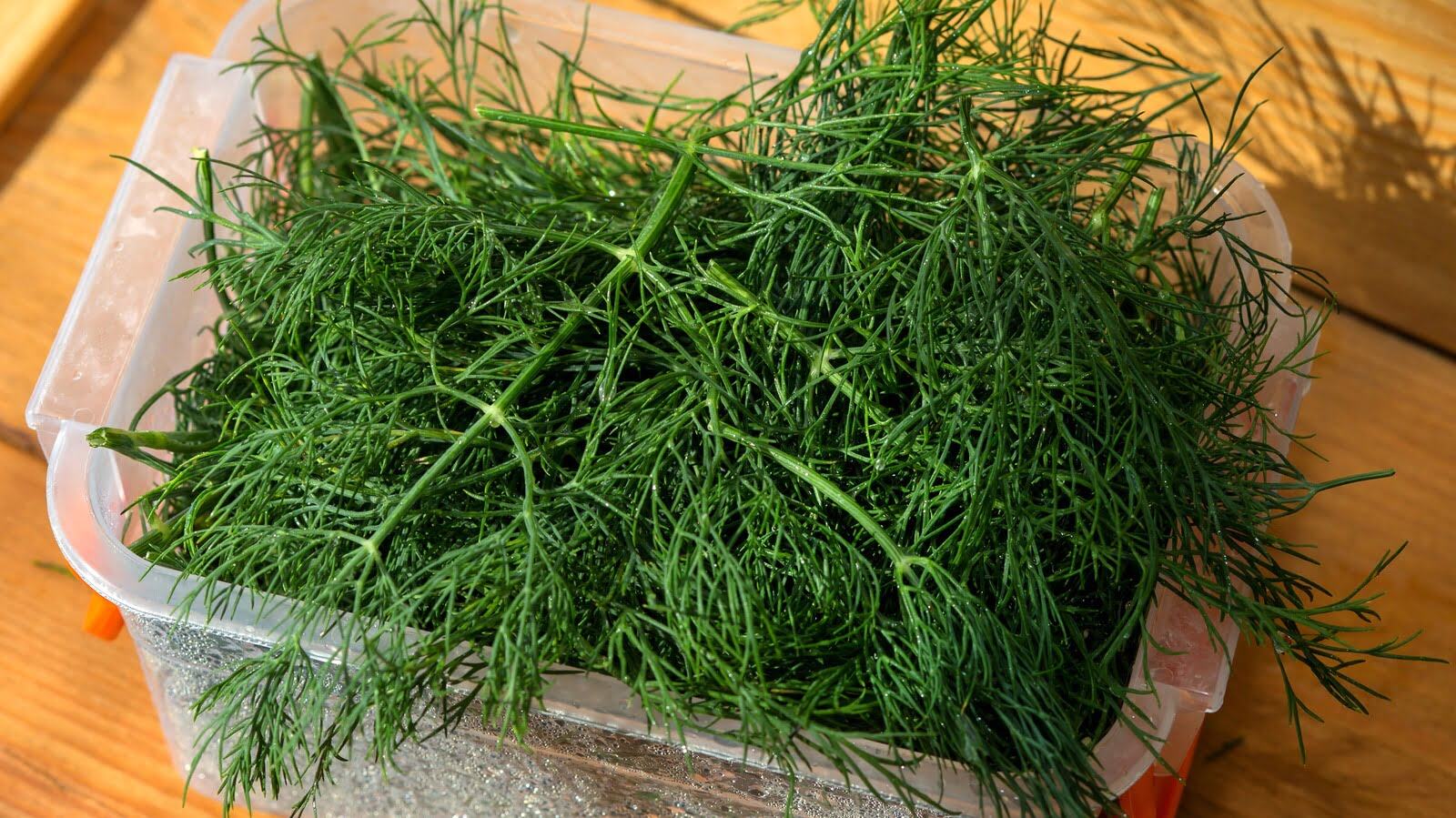
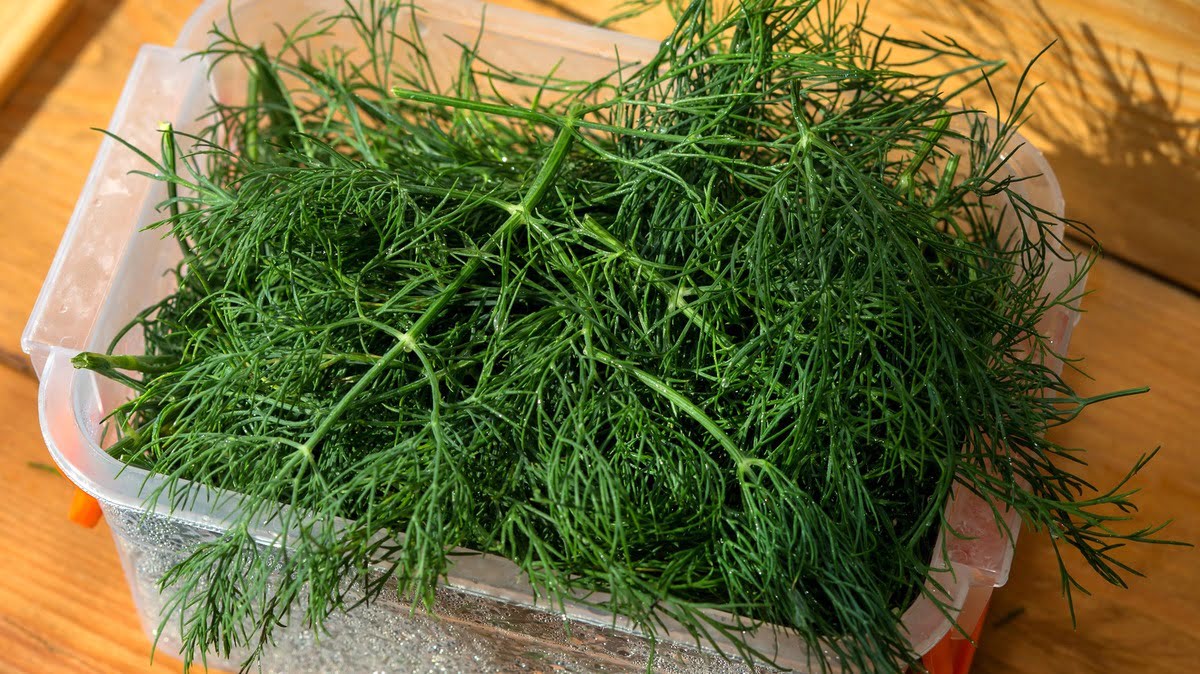
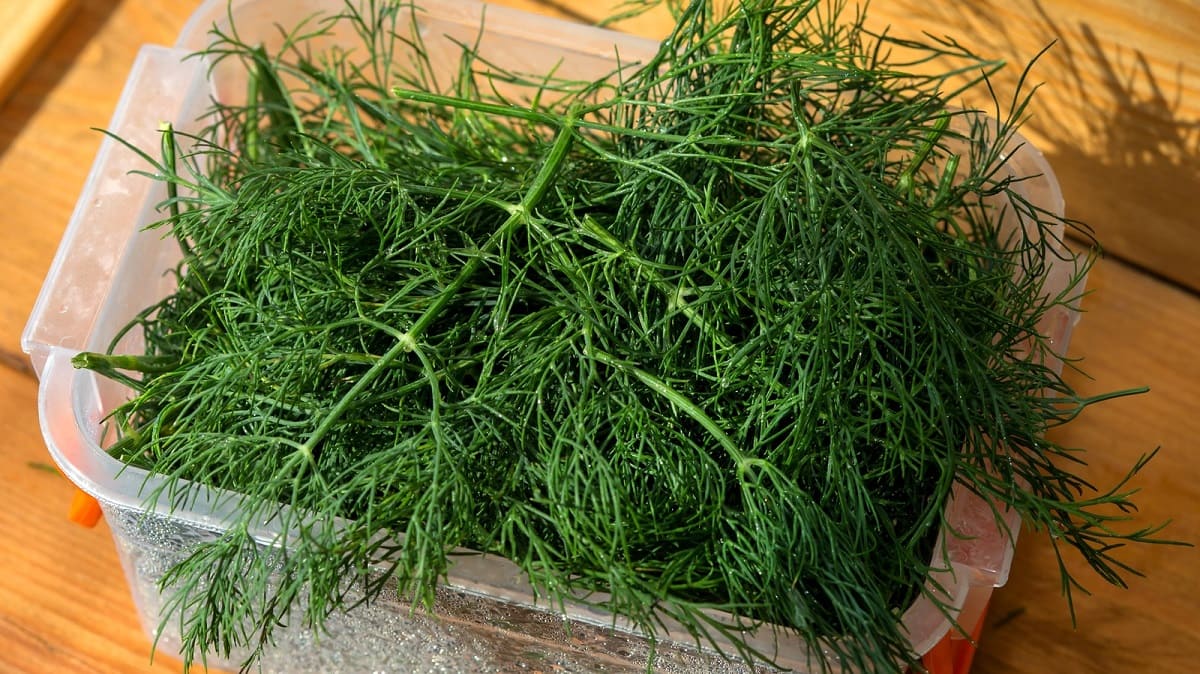
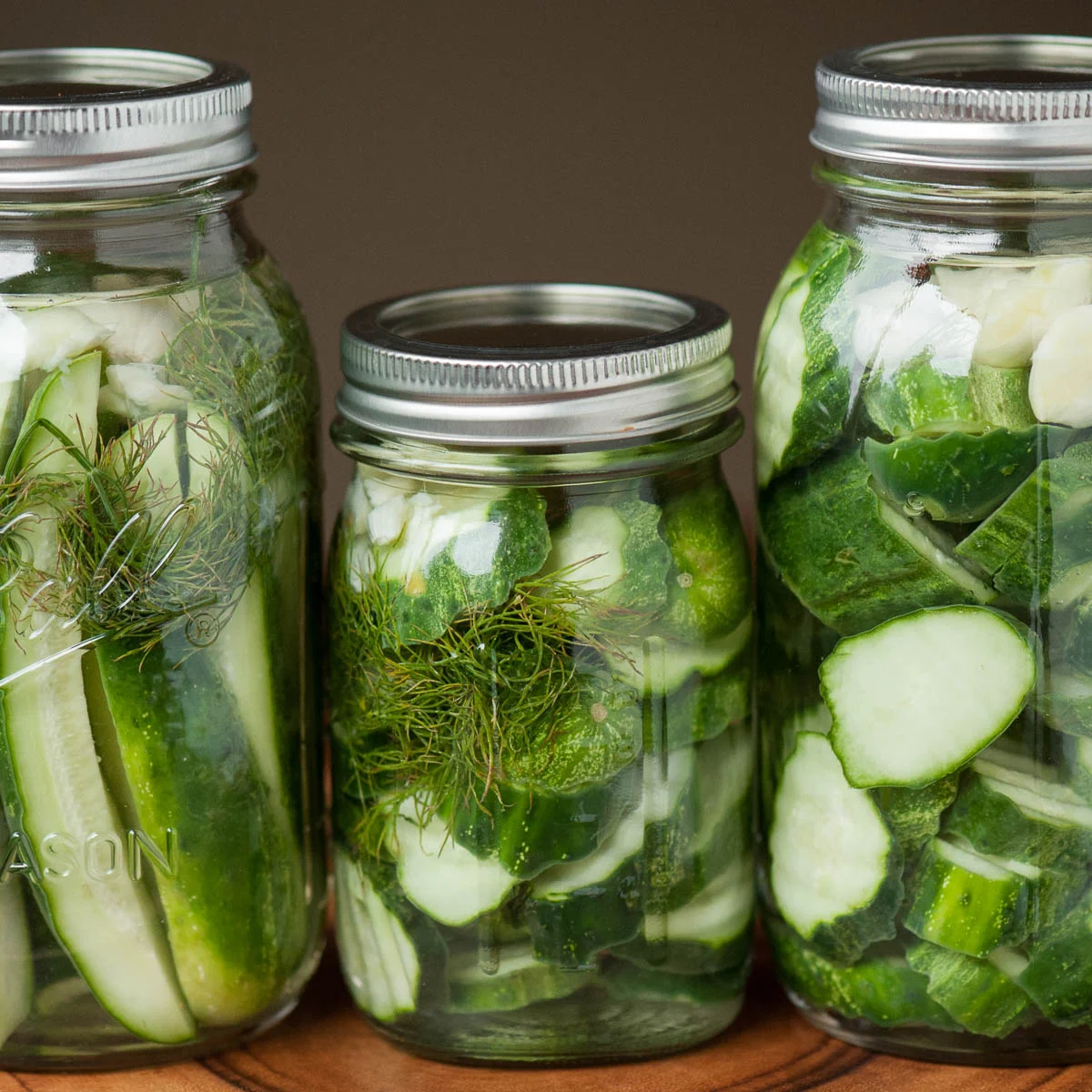
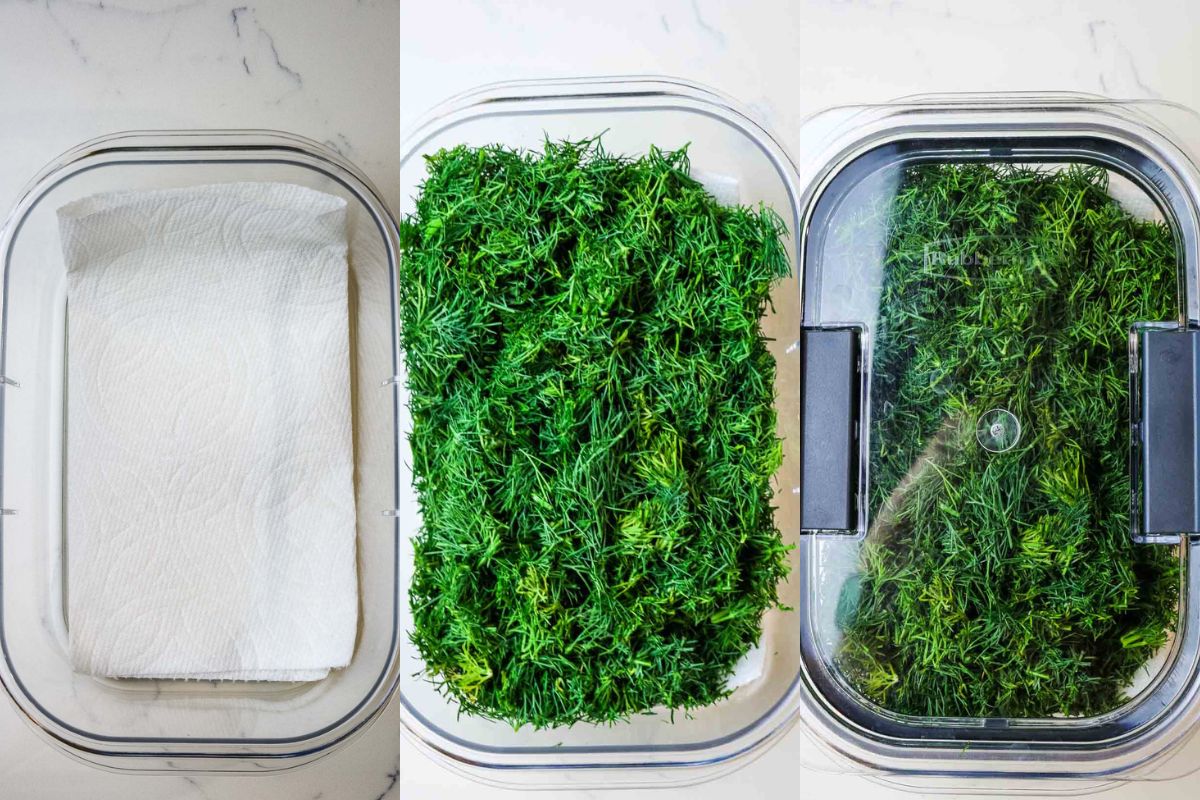
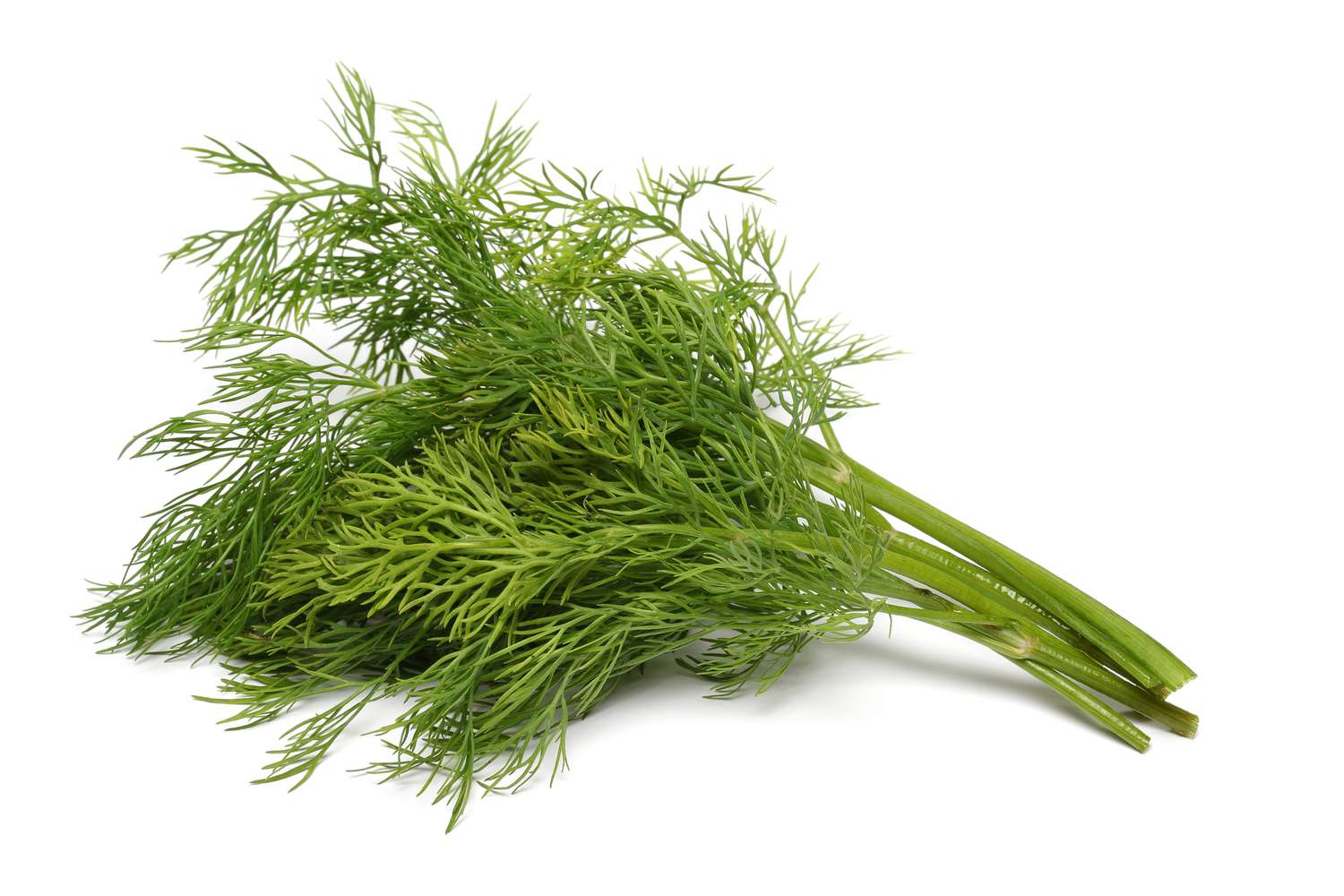
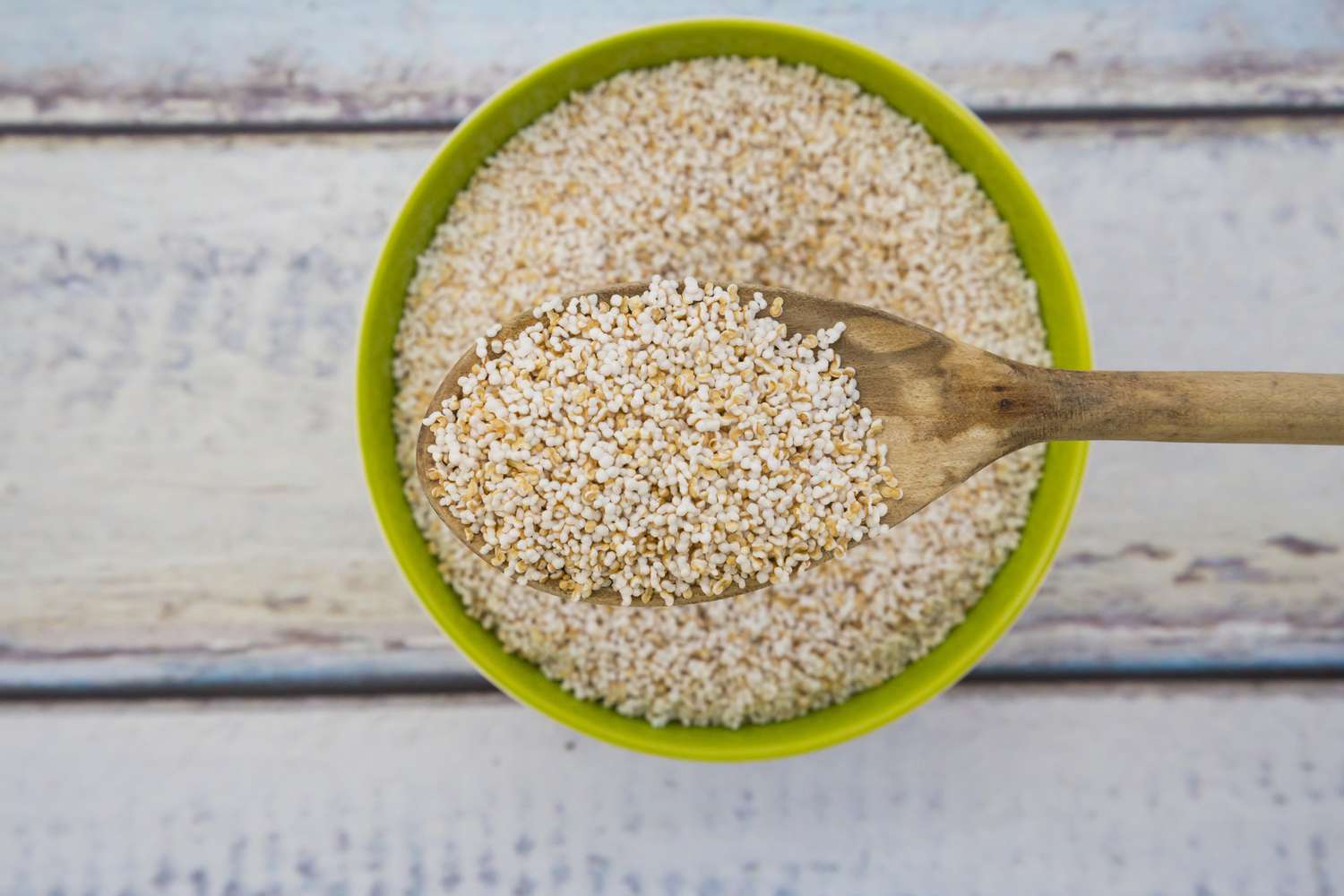
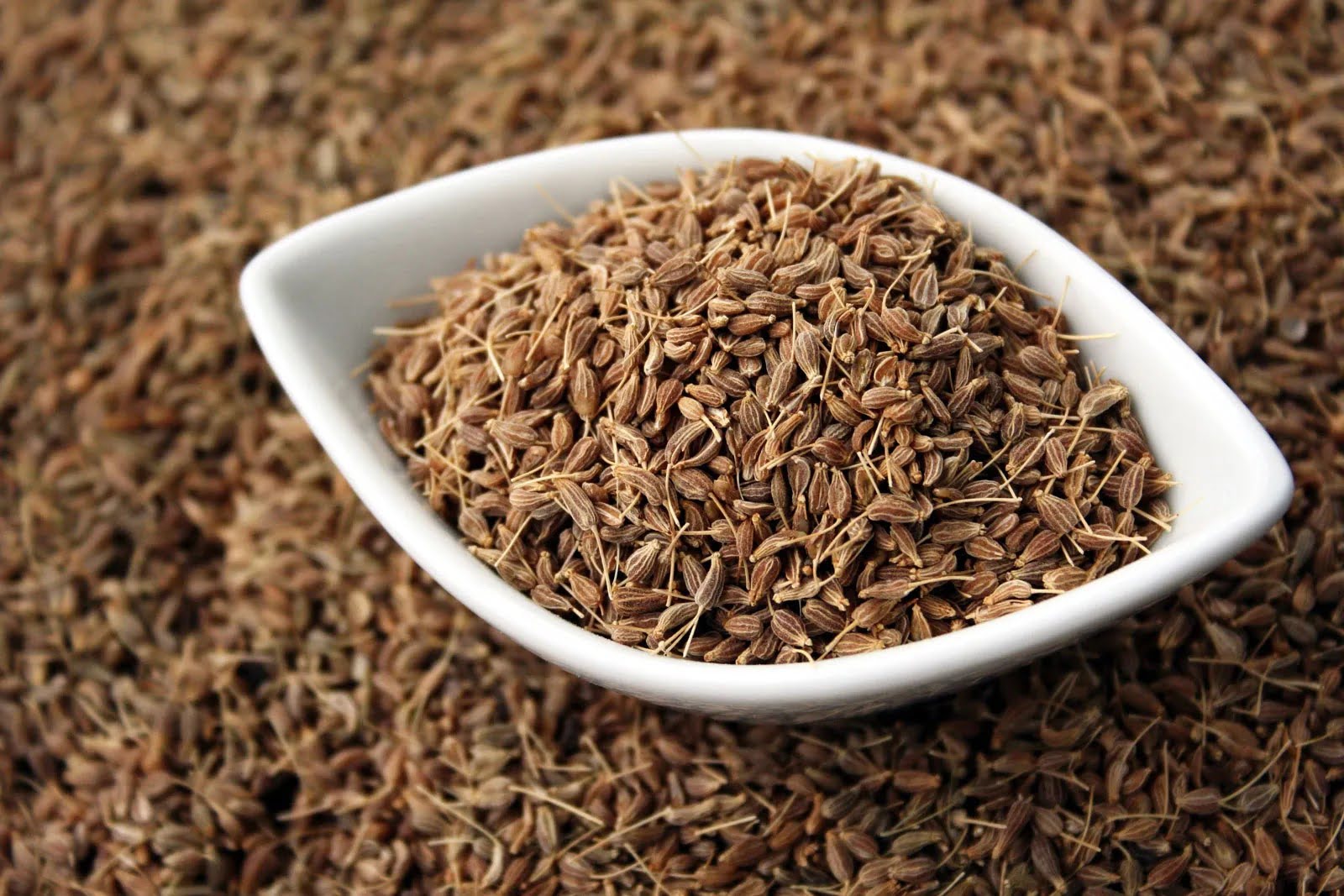

0 thoughts on “How To Use Dill Seed”